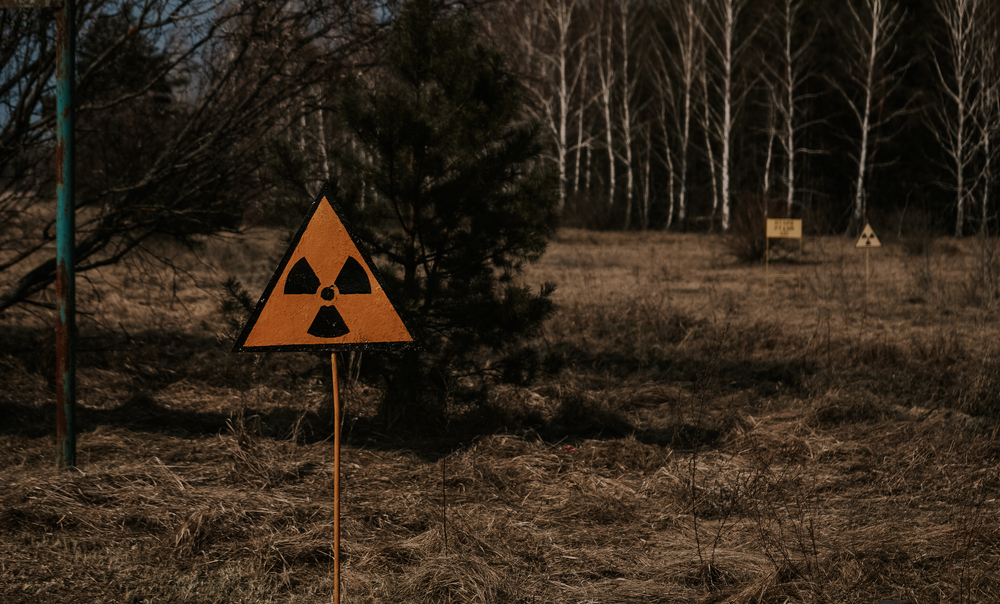Washington has long urged Beijing to engage in dialogue over nuclear weapons.
Others are reading now
U.S. President Joe Biden and Chinese President Xi Jinping have reached a rare consensus on nuclear weapons policy.
Developing Military AI
They are agreeing that decisions regarding their use should remain under human control rather than being delegated to artificial intelligence (AI).
The agreement, hailed as a “historic moment,” was confirmed in a White House statement on Saturday, according to Digi24.
The two leaders also stressed the importance of prudence and responsibility in developing military AI, recognizing the potential risks involved.
Also read
This marks a significant development as Washington has long urged Beijing to engage in dialogue over nuclear weapons, despite China’s historical reluctance to participate in such discussions.
Limited Progress
Efforts to restart official negotiations on nuclear arms control have seen limited progress.
While brief talks resumed in November, they have since stalled, prompting frustrations from U.S. officials over Beijing’s hesitance to actively engage.
China’s nuclear capabilities have drawn heightened concern from the U.S. Pentagon, which estimated last year that Beijing possesses around 500 operational nuclear warheads, a number projected to exceed 1,000 by 2030.
In contrast, the U.S. and Russia currently maintain approximately 1,770 and 1,710 deployed warheads, respectively.
China has significantly modernized its nuclear arsenal in recent years, developing a “nuclear triad” comprising land-based missiles, submarine-launched missiles, and air-delivered weapons.
The nation has also advanced its hypersonic missile technology, expanded its fleet of ballistic missile submarines, and increased nuclear patrols.
Despite this, China officially maintains a “no first use” policy, emphasizing a minimalist and deterrence-focused nuclear strategy.
Chinese academics and officials have recently dismissed Western concerns about their arsenal as exaggerated.


